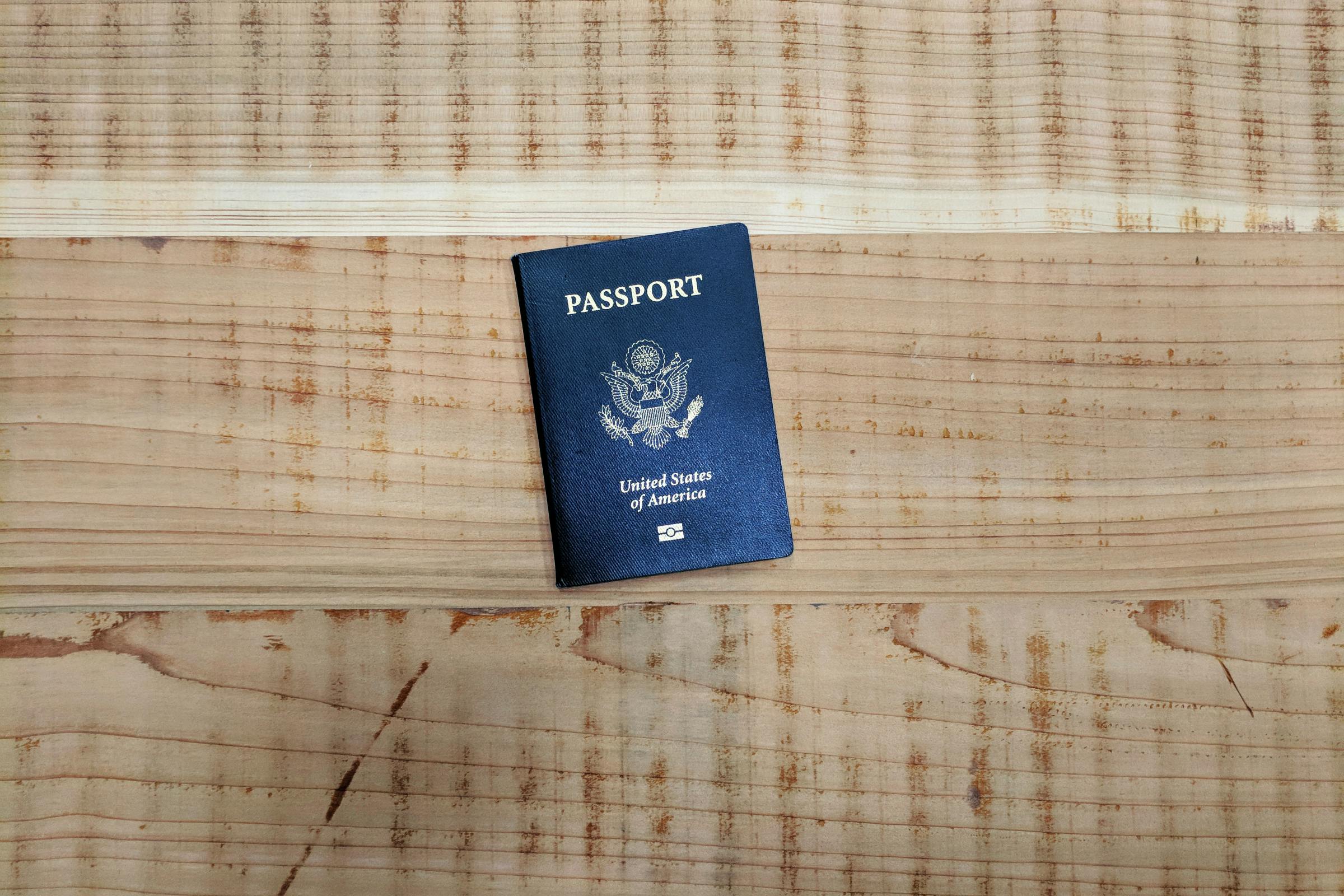The Need for Skilled Workers
Along with the evolution in technology that eliminates many of the limitations of borders comes the problem of holding onto the most talented workers in your country. If you can’t offer them what they’re looking for, they can quickly seek elsewhere and find someone willing to meet their needs in another country. Because of the high global competition for the brightest minds, many places have opened their borders to highly skilled foreign nationals through flexible immigration policies.
In the United States, this is done through employment visas like the H-1B. This is a skill-based category that permits those who qualify as highly skilled workers in a specialty occupation to receive the benefits of a work visa — provided they work for a cap-exempt employer or are selected in the random lottery.
One of the most glaring problems with this system is that there are only 65,000 H-1B cap visas offered each year, with another 20,000 given to those with advanced degrees who are selected in the lottery. However, this numerical restriction turns hundreds of thousands of qualified workers away. Instead of waiting for the next year to try again, many talented individuals look to alternative countries, taking their knowledge and abilities with them.
Skill-Based Immigration
The current H-1B system has worked for decades. The idea behind it is apparent and vital to the US economy. With a shortage of workers to fill specialized occupations, US companies need to find a way to get these important jobs done, and foreign nationals are willing and qualified to do this.
Skill-based immigration is also valuable because, in addition to addressing economic needs, foreign nationals with high skills often boost innovation, bring revenue to their area, and pay taxes to the government. These people are sought after by other countries and will benefit someone, so the US uses the H-1B visa to invite them to help American workers.
Still, it’s becoming increasingly apparent that the design of the H-1B selection system for skills-based workers is no longer working as it was intended. As the political and economic environment in the US changes, the system requires adaptations.
Other cons to this type of system include focusing on short-term skill shortages rather than the economy’s long-term needs and including skills-based admissions at the exclusion of other vital requests, such as kinship and humanitarian visas.
Merit-Based Immigration
The Trump administration was the first to bring up the idea of moving to merit-based visas in the US. At that time, a move towards stricter laws against illegal immigration and more rigorous requirements for potential immigrants was enacted.
Proponents of merit-based immigration reference countries such as Canada, New Zealand, and Australia, who already successfully use this method. Proposed merit-based legislation suggests creating a system in which the applicant’s eligibility for a Green Card depends on their achievements, including their demographics, job potential, education, and age.
Through this change, the random Diversity Visa and Lottery would now be eliminated, giving immigrants the chance to enter the US through merit rather than luck. Those who are selected for the Merit-Based visa would be streamlined for Permanent Residency via a Green Card.
The system, as it is set up in other countries, attributes points to an individual for meeting certain factors. For instance, someone who is between 26 and 30 would be given priority points. Those with STEM degrees or other sought-after skills would have more points. Extraordinary achievements or accomplishments would also give someone additional points.
As with the skills-based immigration system, there would be pros and cons to this method, but, as opponents of the current system remind us, a change is necessary.
What’s Next?
Navigating the immigration system is always challenging, but doing so while the economic and political climates are turbulent is extra complicated. Our professional attorneys at Visa2US are here to advise you as to the best course of action for your particular situation and guide your steps along the way. Contact us 24/7 to see how we can help you further your career goals with a work visa.














